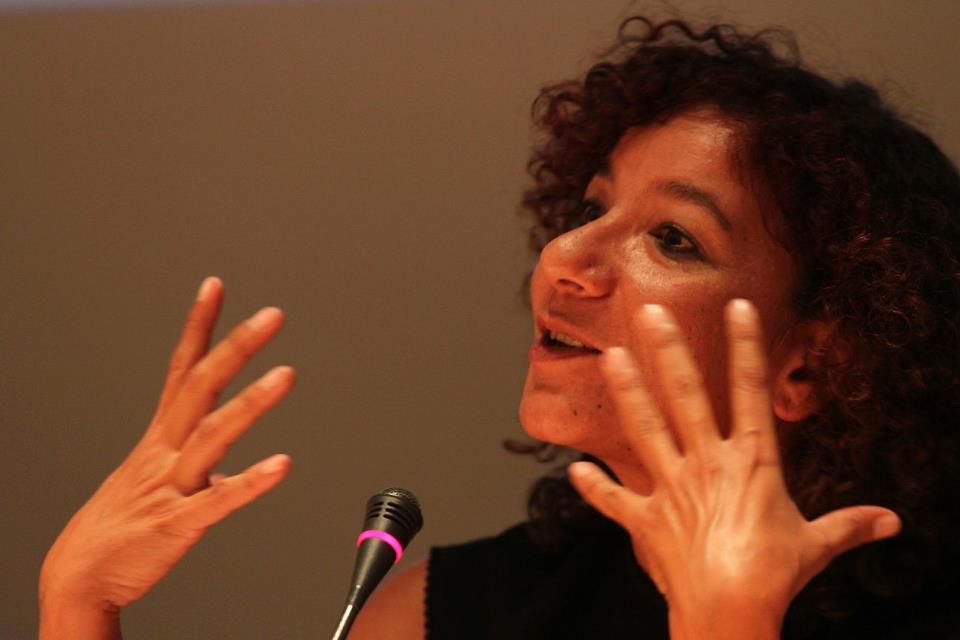It was pretty easy to pick this year s best football player in the world. The winner, Cristiano Ronaldo, had only one meaningful challenger, Lionel Messi, and both gave such riveting performances that a lottery could have been used to break the deadlock and few would have complained had that been the criteria.
The choice though was not made haphazardly. Ronaldo won what is considered the most prestigious and prized individual award in soccer – the Ballon d Or. There are many awards out there but for over 50 years the Ballon d Or has been the prize most coveted, most cherished and most famous of them all.
Sports journalists choose the winner of the Ballon d Or. Each journalist chooses five players from a list of nominees compiled by France Football magazine, and awards them between one and five points. The winner is determined by the total number of points. Ronaldo won the hearts of 77 of 96 writers voting.
How important is the Ballon d Or? If you win it, you’re considered the best footballer on the planet. But are you really? We re not so sure.
So good was Ronaldo this year that his choice was hands down. But in previous years the choice was not so clear-cut. It could have gone to any one of a whole host of players around the world, but the problem with the Ballon d Or is that it does not reach out that far. To win the Ballon d Or you have to be playing in Europe. At one time, you had to be European. So Pele and Maradona, the two greatest players who ever lived, never got their hands on the Ballon.
To be fairer, the Ballon d Or has changed its ways over the years.
Journalists had to be from Europe; now they can be from anywhere. They used to number 52; now they re 96. Above all, the players had to be European; now, and since 1995, any player from a European club, regardless of nationality, has become eligible to win.
However, you still have to be playing in Europe.
The same holds true for the UEFA awards. You have to be European, and it s only meant for those playing in European clubs, not their countries. A team of UEFA technical observers watch each Champions League match, then select five players in each category of goalkeepers, defenders, midfielders and attackers. Votes are then cast by coaches of the 16 clubs who reach the knockout phase of the Champions League.
The FIFA World Player of the Year encompasses a wider geographical and gender zone than either the UEFA or the Ballon d Or. FIFA s award is given to the male and female player who is thought to be the best in the world, based on votes by coaches and captains of international teams.
As such, you would think the FIFA award would be balanced. But again it focuses mainly on players from the UEFA Champion s League and largely ignores players from the South American Copa Libertadores, the proof being that the Copa has produced more world club champions than Europe.
Brazilian club teams won the first three editions of the official FIFA club world championship, yet not one player from those teams was nominated for the men s world player of the year award, whereas the European champions that the Brazilian clubs beat in the last two finals had more than a few players nominated for the award.
Need we say the FIFA award gives not a hoot to players outside Europe and South America?
Other awards go for the gimmicky. Professional footballers around the world vote for their colleagues for the FIFPro award. Close to 50,000 voting slips are sent by FIFPro to country federations which distribute them to their clubs. FIFPro bills itself as the prize most valued by the players – to be chosen as the best by your own colleagues! The large number of votes, and the fact that the players themselves are doing the voting, have already made FIFPro one of the most highly-valued prizes in football.
No collection of football awards would be complete without one in which the fans vote. The BBC claims its award is the only one of its kind to be decided ultimately by the fans. A BBC panel of football experts from every country in Africa draws up a shortlist, however, the public decides the rest by voting via the network s website. Because the BBC broadcasts in 43 languages, is available on radio and online, and has a global audience of 146 million listeners, its reach is impressive.
But the efficacy of votes by fans and teammates is questionable, the two groups being inherently biased. Other awards, by virtue of similar biases and geography, are not genuinely representative of world football as a whole.
Integrity, too, is often compromised. A dear friend of mine, who last year was chosen as a Ballon d Or voter, had so little knowledge of international players that I was forced to do most of the work in assessing the final five players in question, the award eventually being won by Kaka.
And even I have my biases.
